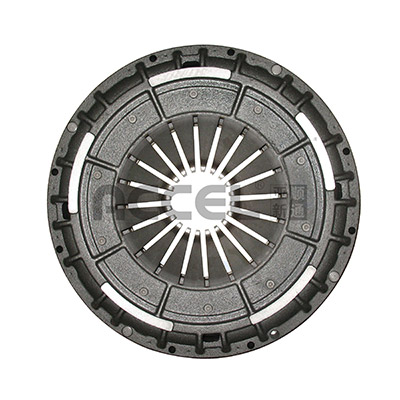Mobile:+86-311-808-126-83
Email:info@ydcastings.com
110mm soil pipe cap
Understanding 110mm Soil Pipe Caps
Soil pipes play a crucial role in the plumbing systems of residential and commercial buildings. They are used to transport waste from toilets, sinks, and other wastewater sources to the sewer system or a septic tank. One essential component of this system is the soil pipe cap, specifically the 110mm soil pipe cap. This article delves into what soil pipe caps are, their purposes, the materials they are made from, and their installation considerations.
What is a Soil Pipe Cap?
A soil pipe cap is a fitting used to seal the end of a soil pipe. The primary function of a soil pipe cap is to create a watertight seal that prevents the escape of odors and leaks into the environment. In addition to its sealing capabilities, it also serves as a protective cover for the open end of the pipe. Soil pipe caps are typically available in various sizes, with 110mm being one of the most common dimensions in residential plumbing setups.
The Importance of the 110mm Size
The 110mm soil pipe cap is often used in conjunction with 110mm soil pipes, which are standard in many household plumbing applications. This size is preferred for its balance of strength and ease of installation. The 110mm diameter is robust enough to handle the flow of waste while remaining manageable for homeowners and plumbers alike.
Materials Used in Soil Pipe Caps
Soil pipe caps are commonly made from various materials, including
1. PVC (Polyvinyl Chloride) This plastic material is lightweight, durable, and resistant to corrosion. PVC caps are favored for their ease of installation and lower cost.
2. ABS (Acrylonitrile Butadiene Styrene) Another type of plastic, ABS is known for its strength and impact resistance. It is often used in areas with colder climates due to its ability to withstand various temperature fluctuations.
3. Cast Iron For more demanding applications and buildings, cast iron caps are used. They are extremely durable and can withstand heavy loads, making them suitable for underground applications.
110mm soil pipe cap

4. Stainless Steel In specialized applications where hygiene and corrosion resistance are paramount, stainless steel caps offer the best protection and longevity.
Each of these materials has its advantages and disadvantages, which should be considered based on the specific requirements of a plumbing project.
Installation Considerations
When installing a 110mm soil pipe cap, several factors should be taken into account to ensure a successful and durable installation
1. Proper Fit Ensure that the cap perfectly fits the 110mm soil pipe to achieve a tight seal. Any gaps can lead to leaks and odor issues.
2. Secure Connections Use appropriate cement or solvent solutions for plastic pipe caps to create a secure bond. If using metal caps, make sure to use the correct tools to attach them tightly.
3. Accessibility It’s advisable to install soil pipe caps in locations that are easily accessible for future maintenance or inspection. This can prevent costly repairs or replacement in the future.
4. Ventilation Proper ventilation is crucial in plumbing systems. Make sure the plumbing design accommodates air circulation to prevent negative pressure that can hinder flow.
Conclusion
In summary, the 110mm soil pipe cap is an essential component of household and commercial plumbing systems. Its role in sealing and protecting soil pipes cannot be understated. Homeowners and builders must choose the right materials and ensure proper installation to achieve optimal performance. Whether made from PVC, ABS, cast iron, or stainless steel, the right soil pipe cap will help maintain a sanitary and efficient waste removal system. As plumbing technology continues to evolve, innovations in materials and design promise to make installations even more reliable and user-friendly. Understanding these components and their functions will ensure that your plumbing system operates smoothly for years to come.











